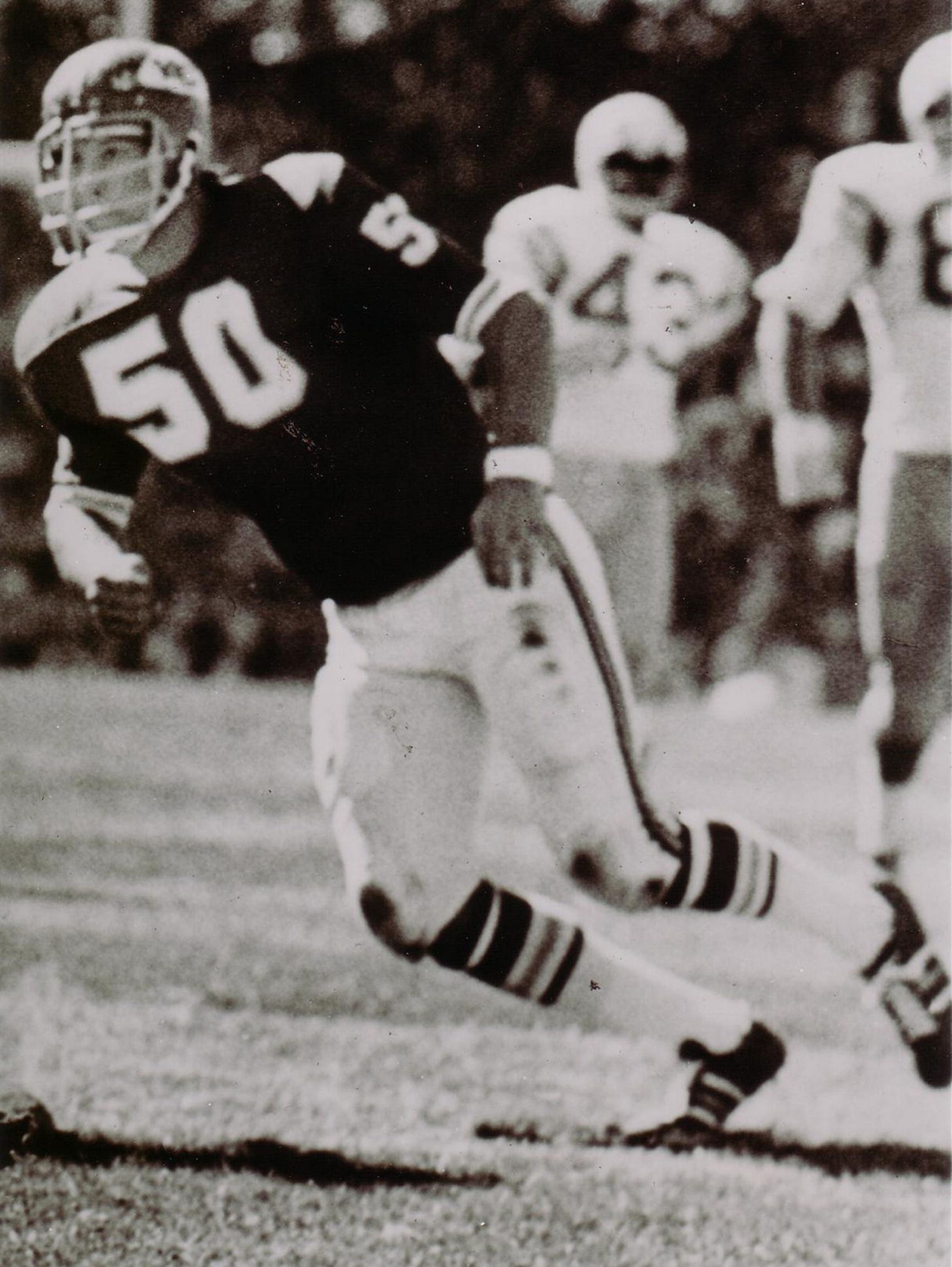Consider the reflections of Detroit Lions lineman Alex Karras as he grappled with the inevitable decline of his playing career, poignantly captured in George Plimpton's 1966 book Paper Lion. Karras — who achieved an additional measure of fame later in life as an actor on the long-running television show Webster — likened his imminent career transition to a long, tiring flight through heavy clouds as he moved from one past life to another, eventually landing into an unfamiliar and unexpected existence as a star athlete renowned for his strength and speed.
As described by Plimpton, "Between lives, [Karras said] he would find himself on an airliner flying in heavy cloud banks, or often above them, with the sun shining...on the third day, perhaps the fourth, when he was beginning to feel more lively, a mist would suddenly settle in the cabin...he felt himself in the clouds themselves, the wind beginning to sweep across his face, and as he felt himself begin to fall and turn, he knew his time was coming to be someone else and he would cross his fingers and hope to Christ he wasn’t going to be a goddamn jockstrap athlete again."
Karras’ reflections paint a vivid picture of the uncertainty and tension that accompanies the peak of athletic prowess, and the inevitable decline that follows. The metaphor of flight encapsulates the ephemerality of an athletic career, highlighting the ever-present knowledge of an impending end and the uncertainty of what follows. This liminal space, somewhere between the clouds, between careers and identities, is where so many athletes aging out of their careers as “jockstrap athletes” find themselves.
Keep reading with a 7-day free trial
Subscribe to Oliver Bateman Does the Work to keep reading this post and get 7 days of free access to the full post archives.




